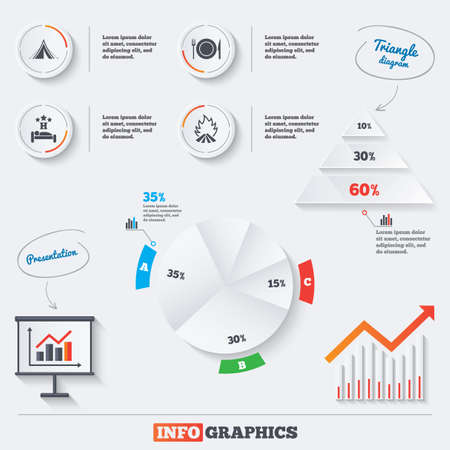Choosing the right frame material is essential for event tents. Whether it's covered steel for budget plan camping tents or plated light weight aluminum for sturdy applications, there are several factors to consider to remember.
Steel frameworks are common in lower-priced pop-up tents yet are prone to rust even with coatings and call for routine maintenance. Light weight aluminum is light-weight, naturally resists corrosion, and holds up well in humid or seaside environments.
Steel
When it concerns making certain the sturdiness of customized tents, the material used in their structures plays a crucial duty. Steel and aluminum alloys both offer premium toughness, but each offers special benefits that make it ideal for different types of environments. Steel is excellent for tough conditions, while light weight aluminum master withstanding corrosion and lessening maintenance expenses.
When event hosts select the appropriate tent for their needs, they require to consider variables like anticipated weather conditions. As an example, structure camping tents often perform much better in windy or rainy conditions than post tents because they don't rely upon a main pole to sustain the structure. Nevertheless, the links in between frame pieces can deteriorate in high tension scenarios. Recognizing these weaknesses and doing regular assessments can help prevent possible damage.
Steel structures are hard to reduce, weld or form, which can need customized tools and enhance labor prices. Additionally, they often tend to rust or rust easily and may require added security or finishes. In addition, steel is very heavy and can cause concerns when delivering a canopy. It's also hard to keep for long periods of time due to the fact that it uses up more room than aluminum structures.
Aluminum
Aluminum is a prominent frame product for canopy outdoors tents since it's lightweight, rust-resistant, and very easy to transfer and establish. It additionally provides a much more steady sanctuary during gusty conditions than steel frames. Aluminum is much less vulnerable to tearing and any kind of damage can be easily repaired, extending the life of the camping tent. It additionally takes a breath to reduce condensation and offers exceptional acoustic insulation to moisten outdoors sound.
The longevity of aluminum frame tents is even more improved by the all-natural oxidation properties of the metal. It creates a compact oxide layer that safeguards the surface from rust and spots. Therefore, the long life of a light weight aluminum pop up camping tent can be enhanced even additionally when the framework is anodized.
Anodized aluminum is stronger than steel and can endure high wind speeds. Additionally, the finishing withstands rust and spots, extending the lifespan of the tent. Furthermore, anodized aluminum is recyclable and drawstring bag lasting, making it ideal for businesses looking for LEED qualification. The mix of these buildings makes light weight aluminum a much more economical choice than steel for large, heavy-duty tents, such as those made use of to fit industrial devices and stockroom supply. Steel, on the other hand, is a lot more expensive because it requires pricey alloys such as nitrogen, molybdenum, and chromium to boost toughness.
Iron
Iron framework tents generally last up to 15 years if the appropriate treatment and maintenance is applied. This consists of consistently cleansing material and examining metal parts for deterioration and wear. By taking these steps, event hosts can maximize the integrity of their frameworks and ensure their ongoing efficiency in difficult environments.
Steel is an ideal product for building resilient outdoors tents, specifically for use in harsh climate condition. It is a strong, sturdy, and inexpensive product that uses stability and strength for a vast array of applications. However, steel is prone to rusting in moist and seaside environments. The enhancement of protective coatings and routine maintenance can aid to reduce this threat, however these efforts boost general upkeep expenses.
On the other hand, light weight aluminum is a more long lasting choice for a custom camping tent due to its all-natural oxidation homes. When anodized, light weight aluminum ends up being super-strong and up to three times harder than common aluminum alloys. This makes plated aluminum the second-hardest compound next to ruby (satellites, aircraft, and army cars all make use of anodized aluminum). Along with its resilience, plated aluminum is likewise extra resistant to corrosion than steel. These factors make light weight aluminum an excellent option for turn up canopy camping tents and add to their capability to lug longer warranties (5, 7, and also lifetime framework service warranties). Additionally, aluminum is 1/3 the weight of steel permitting a much thinner frame style for even more customization choices and raised strength.
